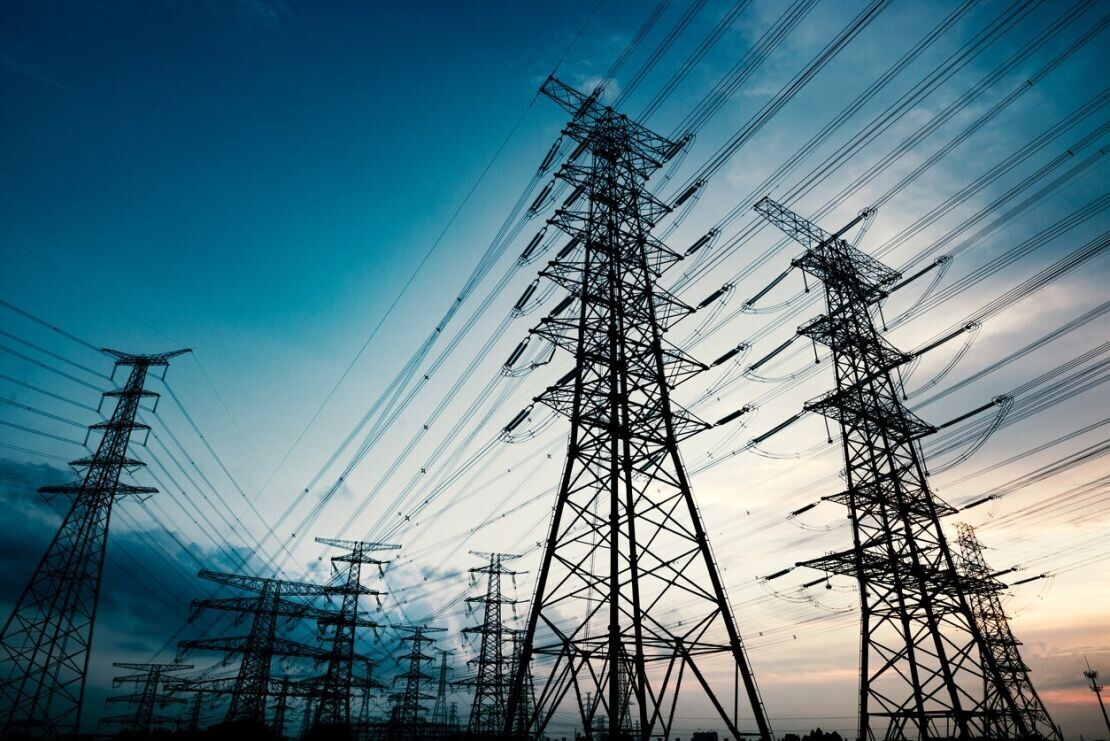
Dossiers - Climate and energy policy
High electricity prices pose challenges for Swiss industry
Higher electricity prices are having a huge impact on the entire Swiss economy. The chemical, pharmaceutical and life sciences industries are also facing major challenges, particularly in the transition phase to the 2050 net-zero target, during which the demand for electricity will increase massively.
20.03.2024
On 29 February 2024, the Federal Department of the Environment, Transport, Energy and Communications (DETEC) set the average cost of capital for investments in the electricity grid for the 2025 tariff year at 3.98%. This is the first time in several years that it has been lower than in the previous tariff year (2024: 4.13 per cent). As a result, grid utilisation revenues will fall by around CHF 29 million in 2025, which will have a dampening effect on electricity prices. scienceindustries expressly welcomes this.
Grid utilisation costs are a key component of the electricity price. They are made up of the costs for the amortisation of the grid, the operating costs and the imputed interest. The investor is entitled to a return on the capital invested in the existing electricity grids or to be invested in new electricity grids. This is determined in an average imputed cost of capital, the so-called WACC (Weighted Average Cost of Capital).
Discussion about the calculation of the WACC necessary
Although the adjustment of the WACC for 2025 will ultimately lead to a reduction in electricity prices, the underlying methodology needs to be improved. The calculation currently used generally leads to a WACC value that is too high and contributes to exacerbating the already difficult effects of increased electricity prices on industry. This is particularly true in the transition phase to a net-zero society and economy by 2050, during which it can be assumed that the demand for electricity in industry will increase significantly.
Against this backdrop, the Federal Council has announced that it will review the calculation methodology in the Electricity Supply Ordinance once the Federal Act on a Secure Electricity Supply with Renewable Energies (so-called "blanket decree") comes into force and adapt it accordingly.
scienceindustries welcomes a discussion to this effect. Specifically, the interest rate should in future be set in such a way that the actual risks are reflected and the costs are covered. However, an excess return that places an additional burden on the production site must be avoided. Finally, it should not be forgotten that investments are not controlled by the WACC alone: Other framework conditions, such as the regulation of building permits, also have a major influence on grid expansion.
